"I don't know what your destiny will be, but one thing I know: the only ones among you who will be really happy are those who have sought and found how to serve." - Albert Schweitzer.
ARLINGTON, Va. - The Installation Management Command's Headquarters Centralized Mentoring Program kicked off its fourth year with a recent meeting in San Antonio, Texas. Senior executives J. Randall Robinson, IMCOM West Region director, and mentoring champion, and IMCOM Executive Director John Nerger opened the fiscal 2009 program with the 30 mentee and mentor pairs selected from IMCOM regions and headquarters.
Robinson and Nerger both shared the significant impact mentors have had on their personal careers.
"I am a mentor and I am a mentee. I learn from everyone in this program," Robinson said.
"My first real mentor sat me down and said 'let's talk about your Individual Development Plan ... tell me where you want to be when you retire.' No one had ever taken the time to do that," he said.
Robinson explained how he and his mentor mapped out the jobs, training, and organizational levels needed to reach his goals.
Over the next year, senior leader mentors will introduce their mentees to opportunities, people, and places they would not typically have access to. The partnerships will include shadow and stretch assignments, and regular one-to-one consultations to help the mentees grow professionally and personally.
Seven senior leaders returned to the Centralized Mentoring Program to mentor again and two previous mentees are now serving as mentors.
Robinson and Nerger talked about what it takes to be an IMCOM leader, and the importance of supporting the IMCOM mission to serve and provide a quality of life for Soldiers and Families commensurate with their service.
"There is no higher privilege than serving those who serve all of us," Nerger said.
He emphasized the importance of having a plan to succeed, gaining broad and a variety of work experience, seeking tough assignments, and being ready for opportunity.
"The keys to success include mobility, understanding the Army culture and continuous learning."
Robinson challenged all the participants to develop an Individual Development Plan.
"Put a mark on the wall and have a target," Robinson said.
He recommended several leadership books such as, "Leading-The Art of Becoming an Executive," by Philip Crosby, and "The Winner Within-a Life Plan for Team Players," by Pat Riley.
In addition to motivation from the senior executive leaders, participants heard from the Director of the Department of Educational Services at the Army Management Staff College Dr. Arthur P. McMahan. Dr. McMahan explained the leadership assessment that each mentee receives at the program's start and finish. He presented each participant with "Perspectives on Leadership," a book authored by the serving faculty and staff at AMSC.
Region directors, garrison commanders, and supervisors endorse the Headquarters Centralized Mentoring Program applicants. Supervisors play an integral role in each partnership-they must allow time for the mentees and mentors to complete the program requirements for the partnership to succeed.
The mentoring program targets GS-11 through GS-13, or equivalent level, employees and builds the bench of future Army leaders. It enhances employee professional and career development, promotes opportunities for professional success and encourages succession planning.
Headquarters IMCOM centrally funds the competitive, one-year program, including TDY for the two-day orientation and one-week shadow assignments. Announcements and applications for next year's program will be released in April 2009. Information will be disseminated through the regions and posted on the IMCOM Workforce Development Web site.
For information about the Civilian Mentoring Program, visit the Workforce Development Web site at http://www.imcom.army.mil/site/hr/workforce.asp or contact the mentoring program manager, Mary Tanzer, 703-602-5487 or DSN 332-5487, mary.tanzer@hqda.army.mil.
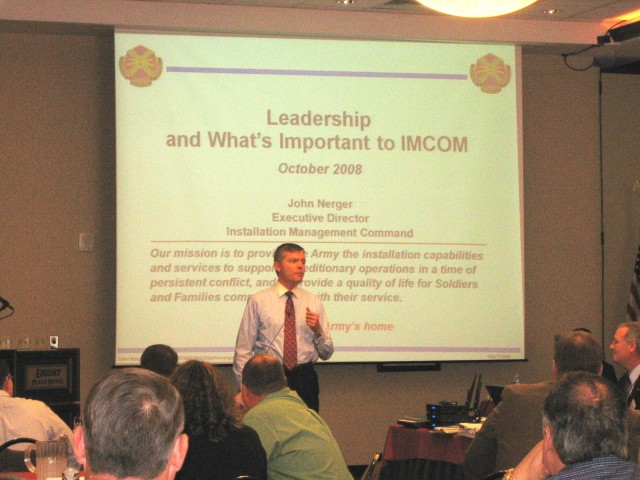
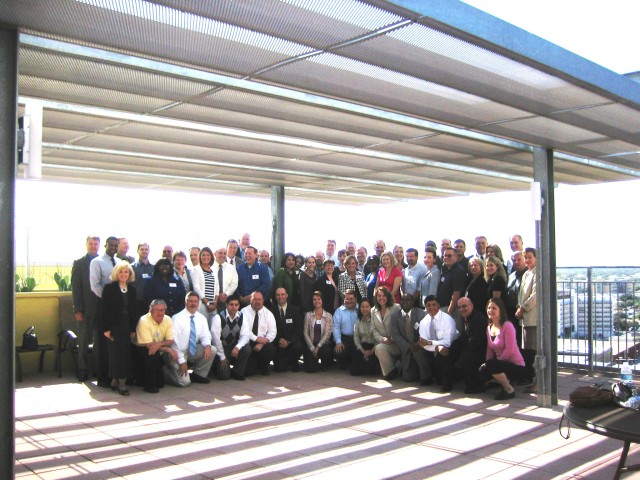
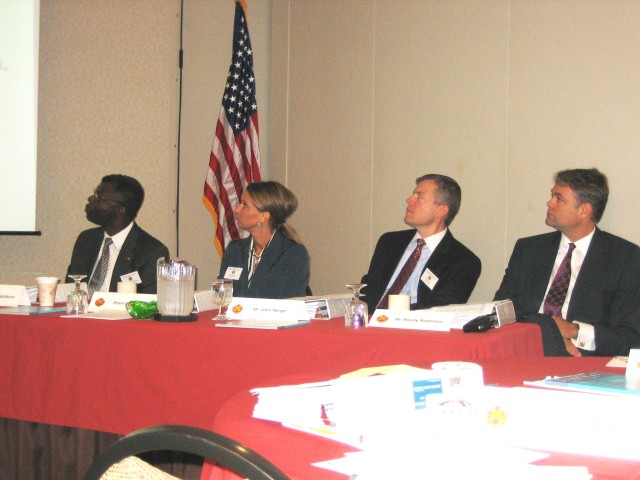
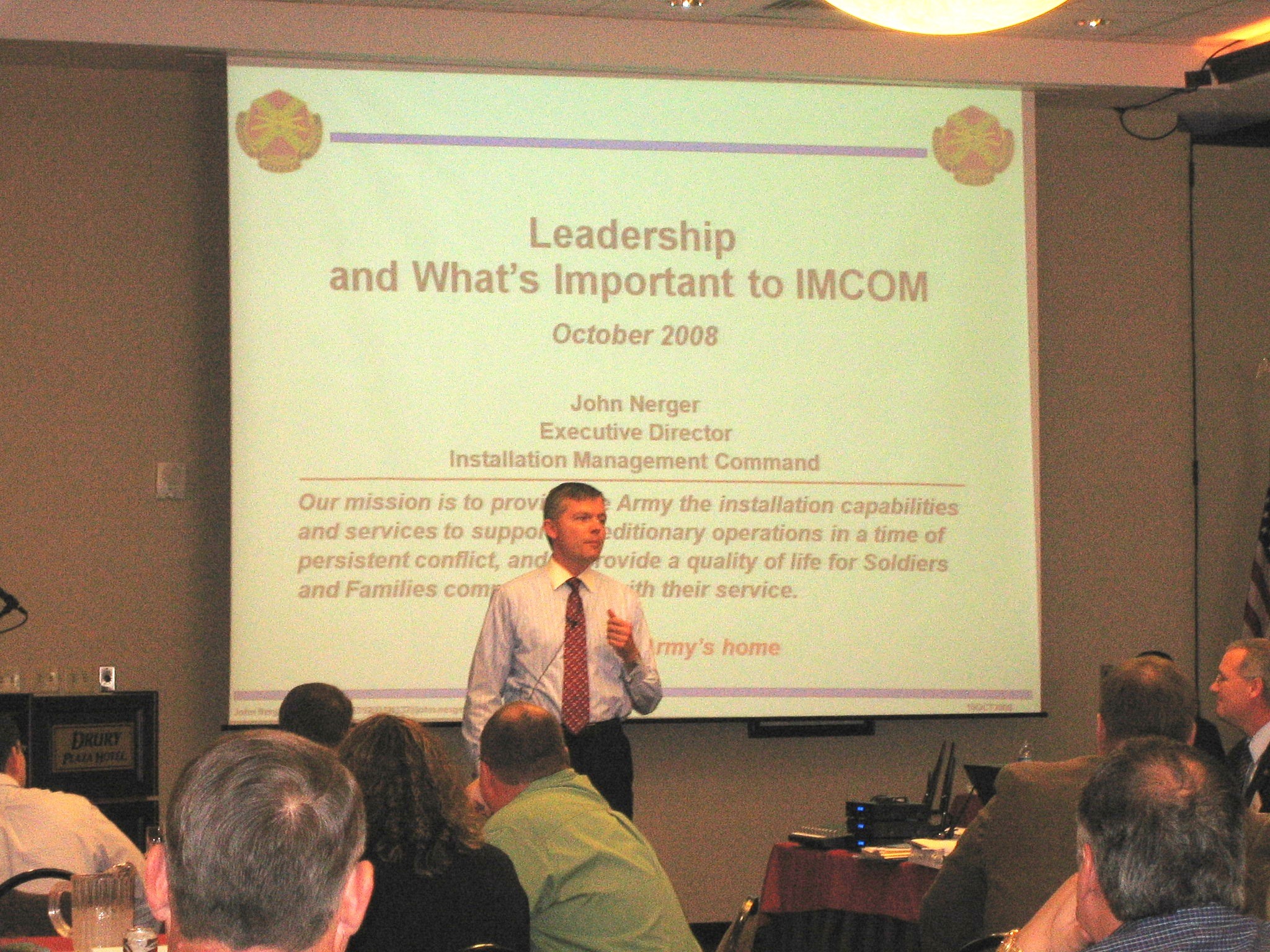
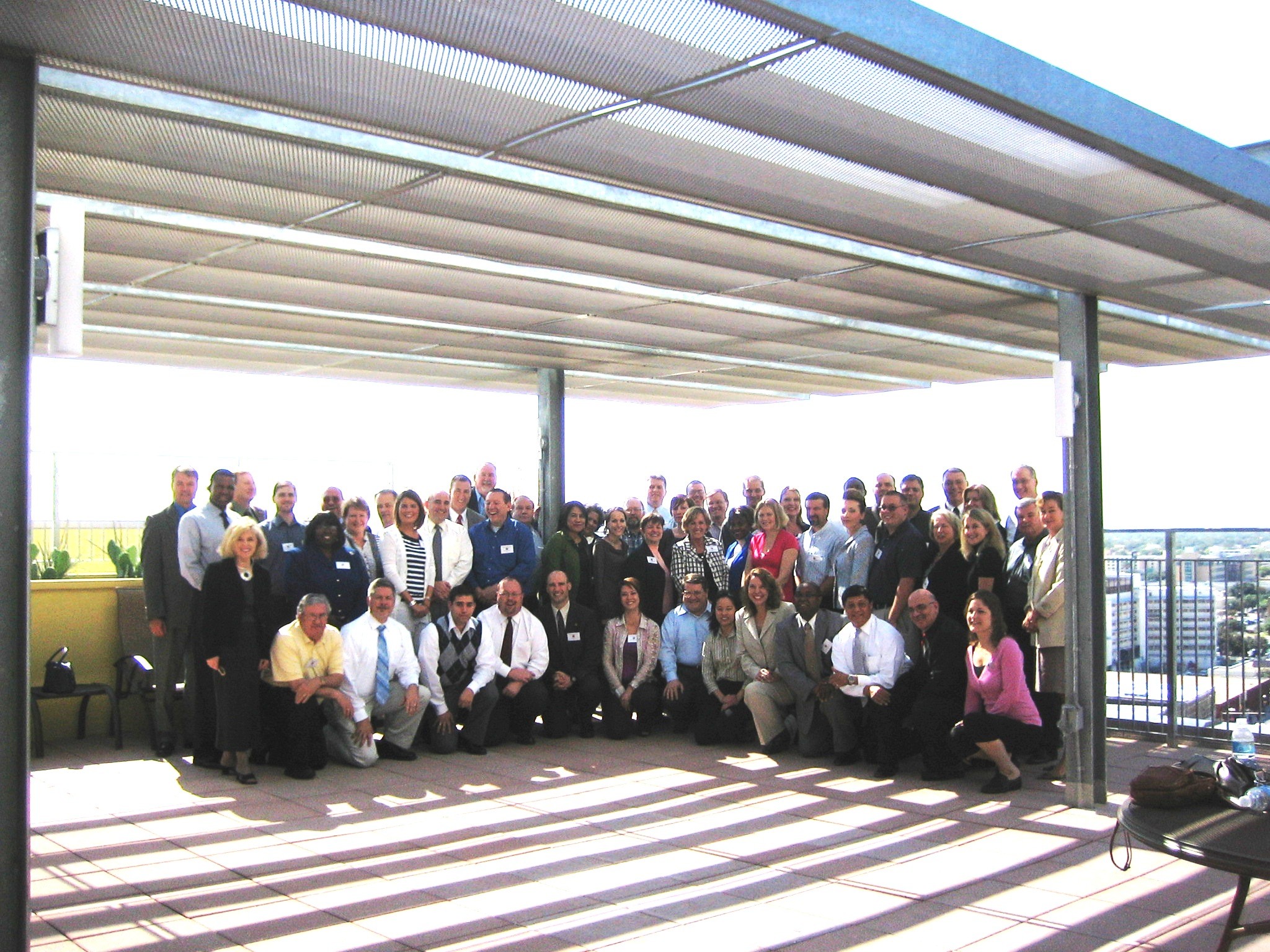
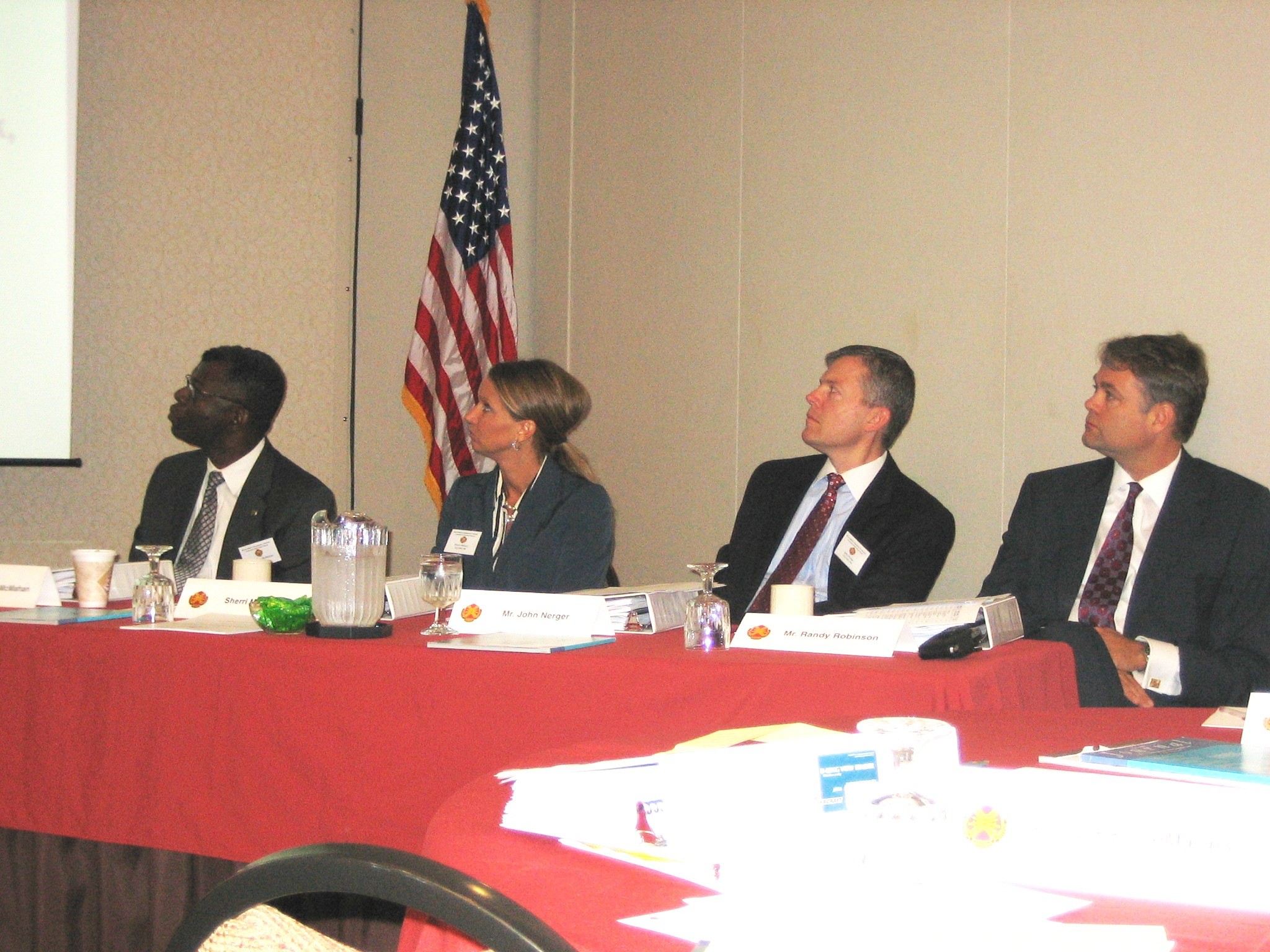
Social Sharing